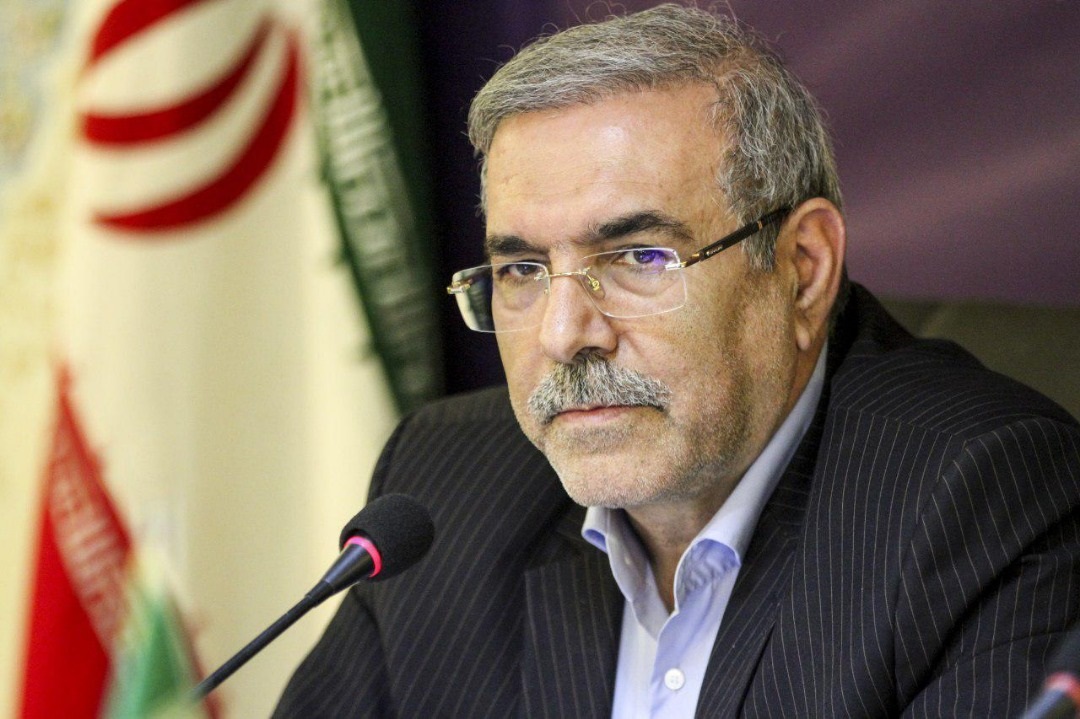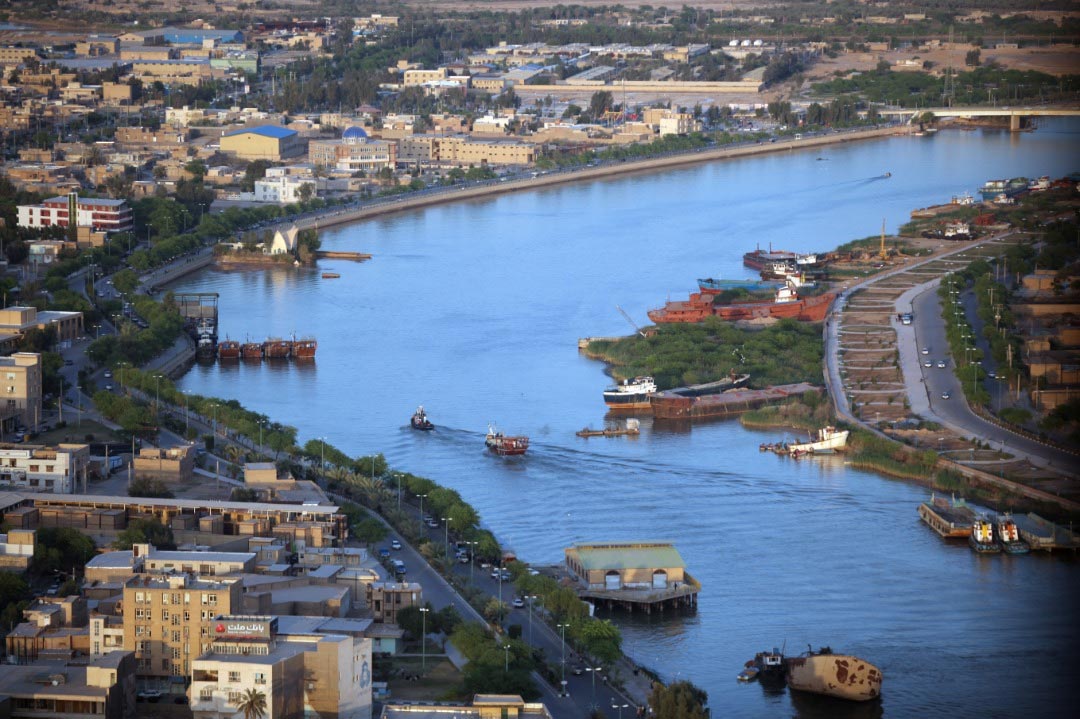A note from the secretary of supreme council of the free zones
" The Free Zones of Iran, as one of the important tools of development, play an important role in the prosperity of the national economy. These Zones have been established with the aim of improving comprehensive social welfare and competition in global markets and they need convergence and integration to be gain optimal effectiveness.
The use of information technology with the aim of facilitating, accelerating and transparency in service delivery is one of the vital tools of this convergence and integration of service delivery, which has been reflected in the Supreme Council of Free Zones and on the website of this institution.
The geographical location of the Free and Special Zones, the existence of trade facilitation laws such as the rapid and low clearance of imported and exported goods, as well as the rapid processing of investment applications - with the help of integrated technology in service delivery - turn these Zones into strategic zones to accelerate international trade and economic prosperity. Investors, who are the main audience for services in the Zones, are looking for security, fast communication, facilities, a single service window and a strong communication link. In order to attract more and optimal domestic and foreign investment, we are trying to intelligently meet those needs.
Morteza Bank
advisor to the president and secretary of council



